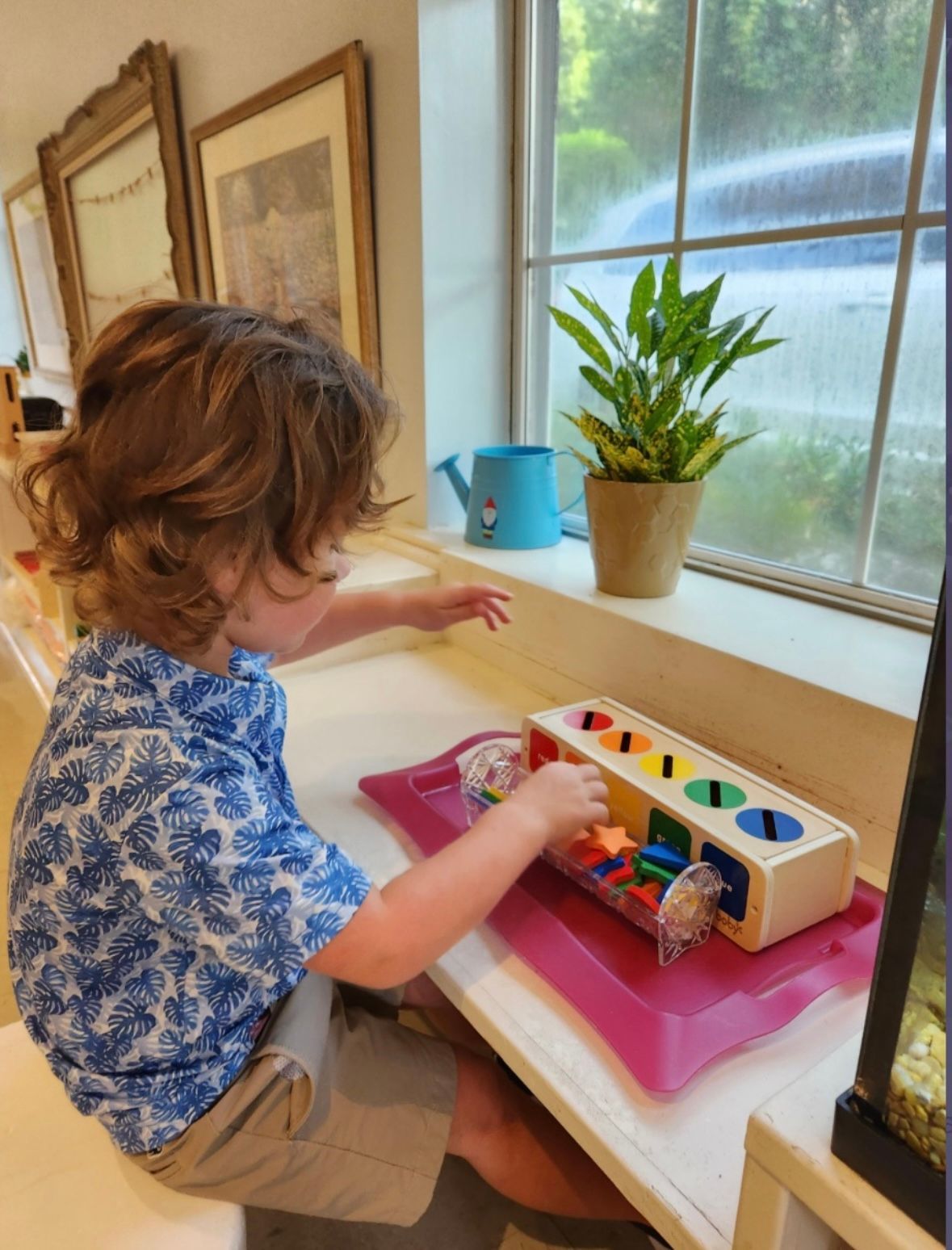Nurturing Emotional Intelligence & Empathy: The May River Montessori Approach
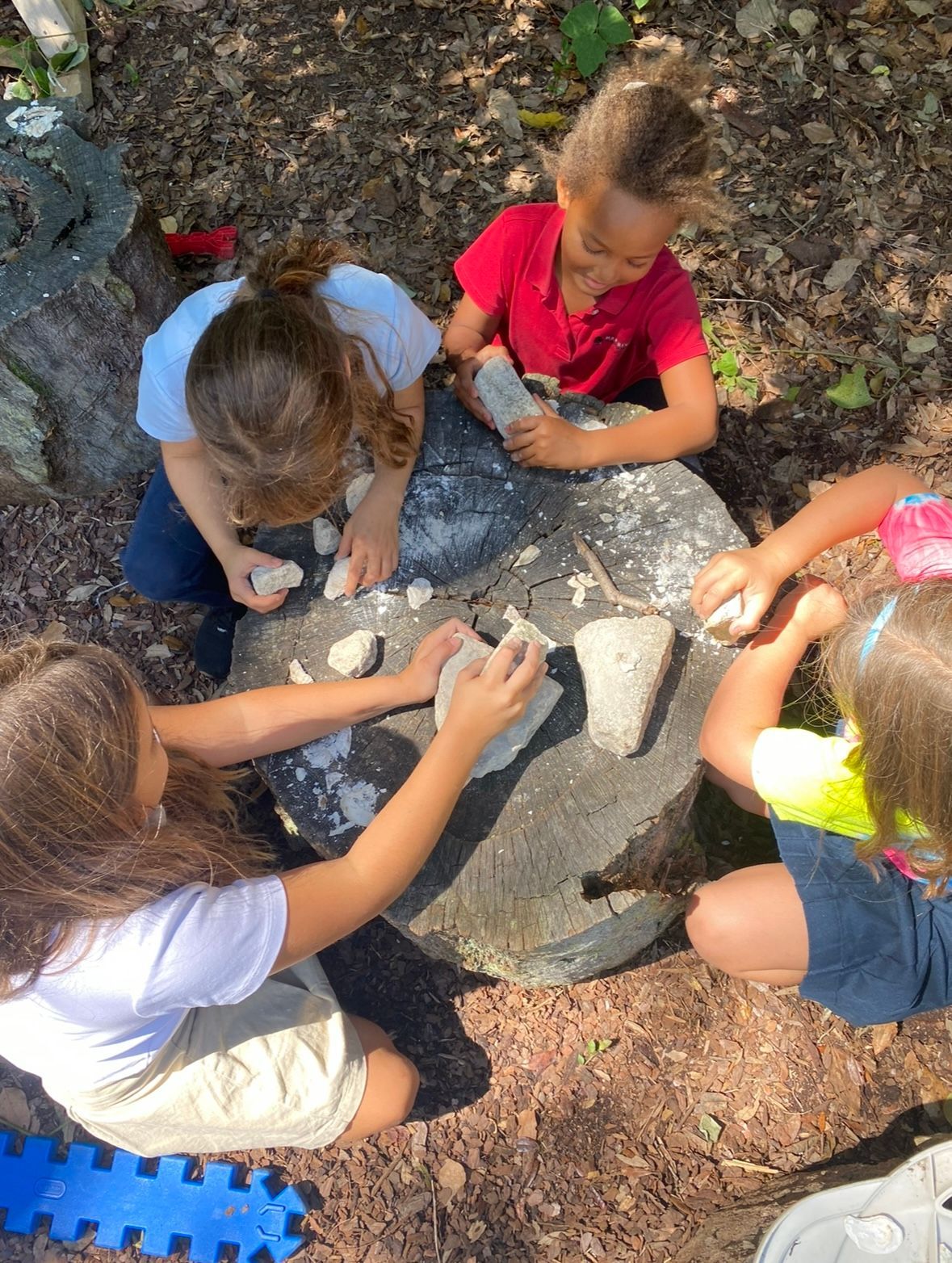
In a world where academic success often takes center stage, the importance of emotional intelligence and empathy can sometimes be overlooked. However, for families seeking a holistic approach to education that nurtures not only academic skills but also emotional growth and social awareness, Montessori education stands out.
Montessori education, founded by Dr. Maria Montessori over a century ago, is renowned for its child-centered approach, fostering independence, curiosity, and a love for learning. But beyond academic achievement, one of the most valuable gifts a Montessori education offers is the development of emotional intelligence and empathy from an early age.
So, how does Montessori education cultivate these crucial qualities? Let’s delve into the key principles and practices that underpin this unique approach:
Mixed-age classrooms
Montessori classrooms typically consist of children of different ages, allowing for natural interaction and socialization. Older children often serve as mentors and role models for younger ones, fostering a sense of responsibility and empathy as they assist their peers in their learning journey.
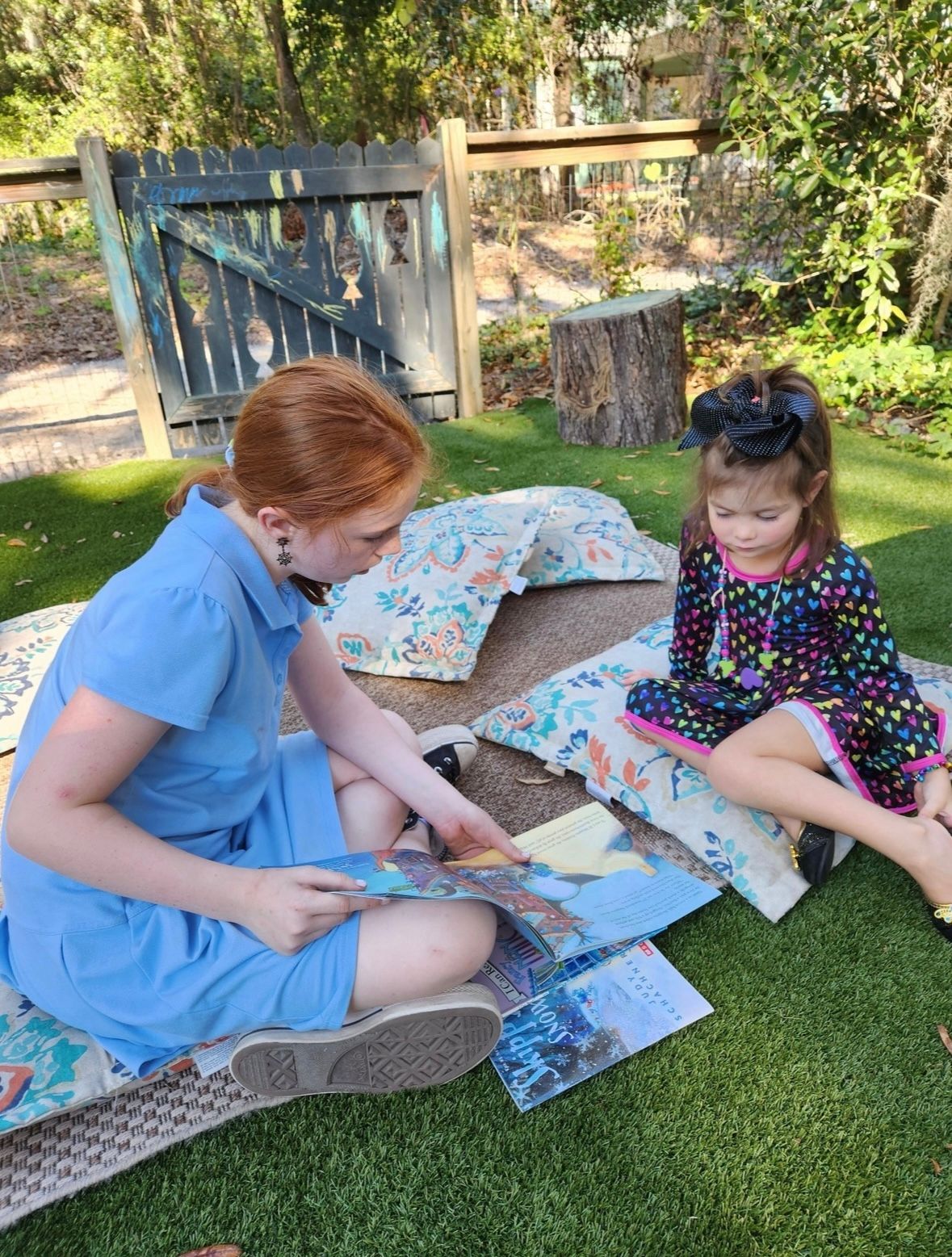
Freedom within limits
Montessori environments provide children with the freedom to choose their activities and work at their own pace. Within this framework, children learn to navigate their emotions, make decisions, and take ownership of their actions. They also learn to respect the space and needs of others, promoting empathy and cooperation.
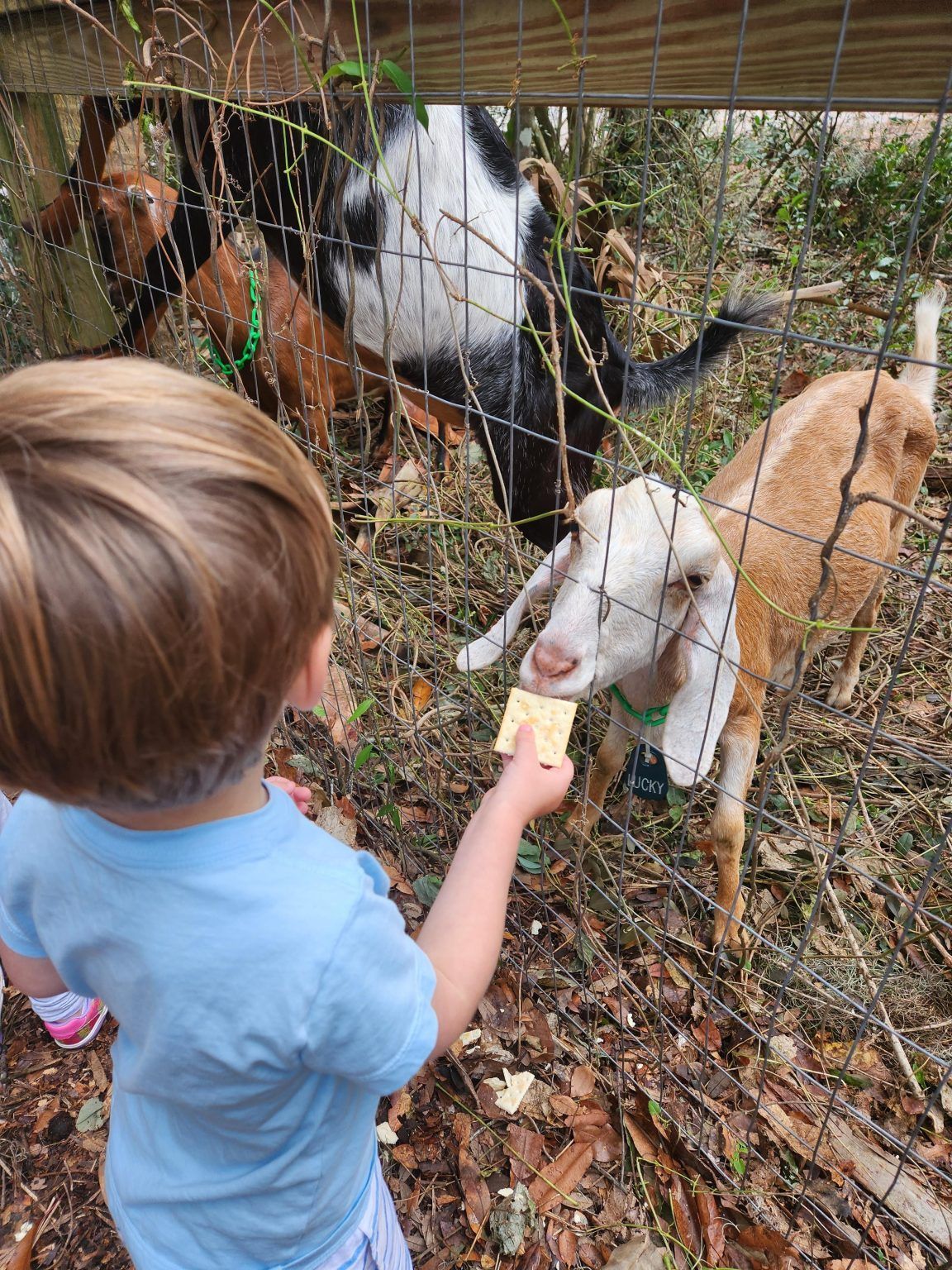
Hands-on learning experiences
Montessori materials are carefully designed to engage the senses and promote exploration. Through hands-on experiences, children develop a deep understanding of concepts and cultivate a sense of empathy as they learn to appreciate different perspectives and approaches to problem-solving.
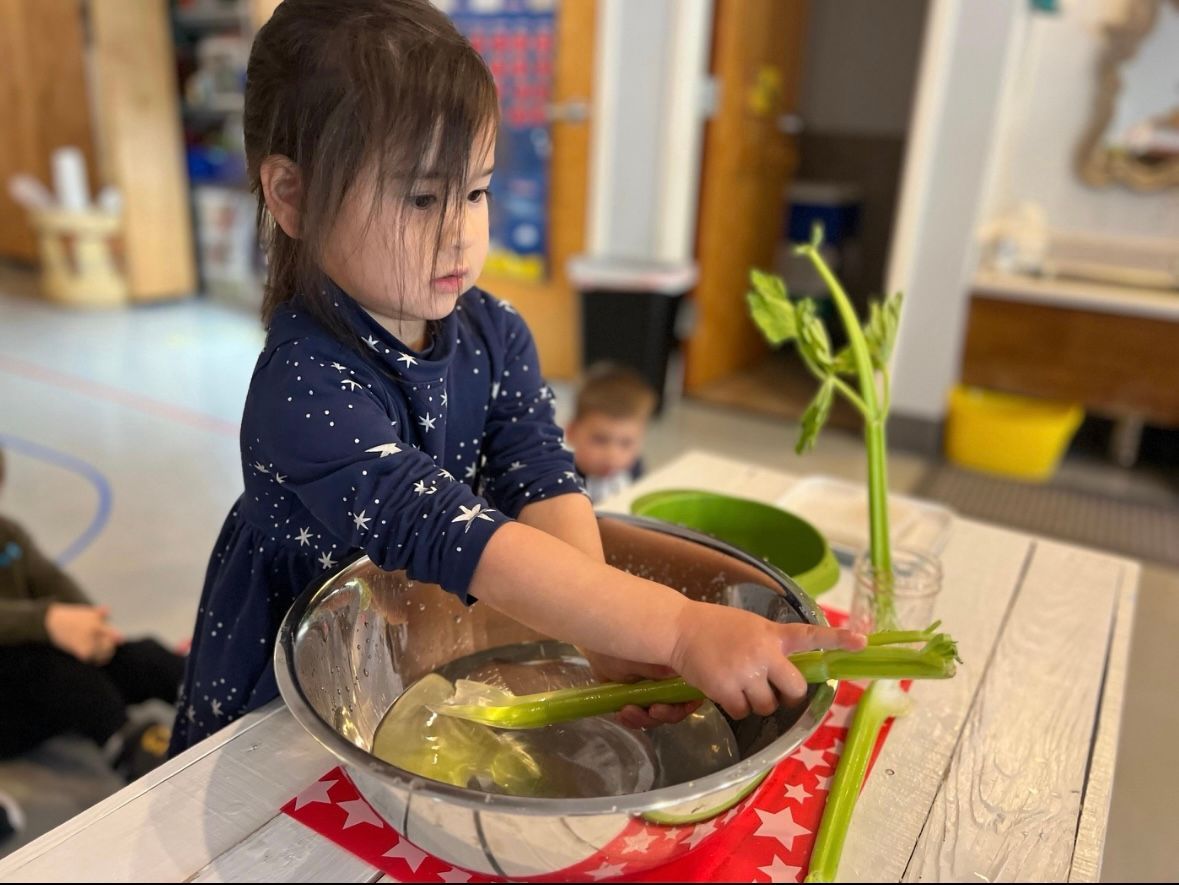
Peace education
Central to Montessori philosophy is the idea of peace education, which encompasses conflict resolution, communication skills, and the importance of kindness and respect. Children are taught to express their emotions constructively, listen actively to others, and work collaboratively to find peaceful solutions to conflicts.
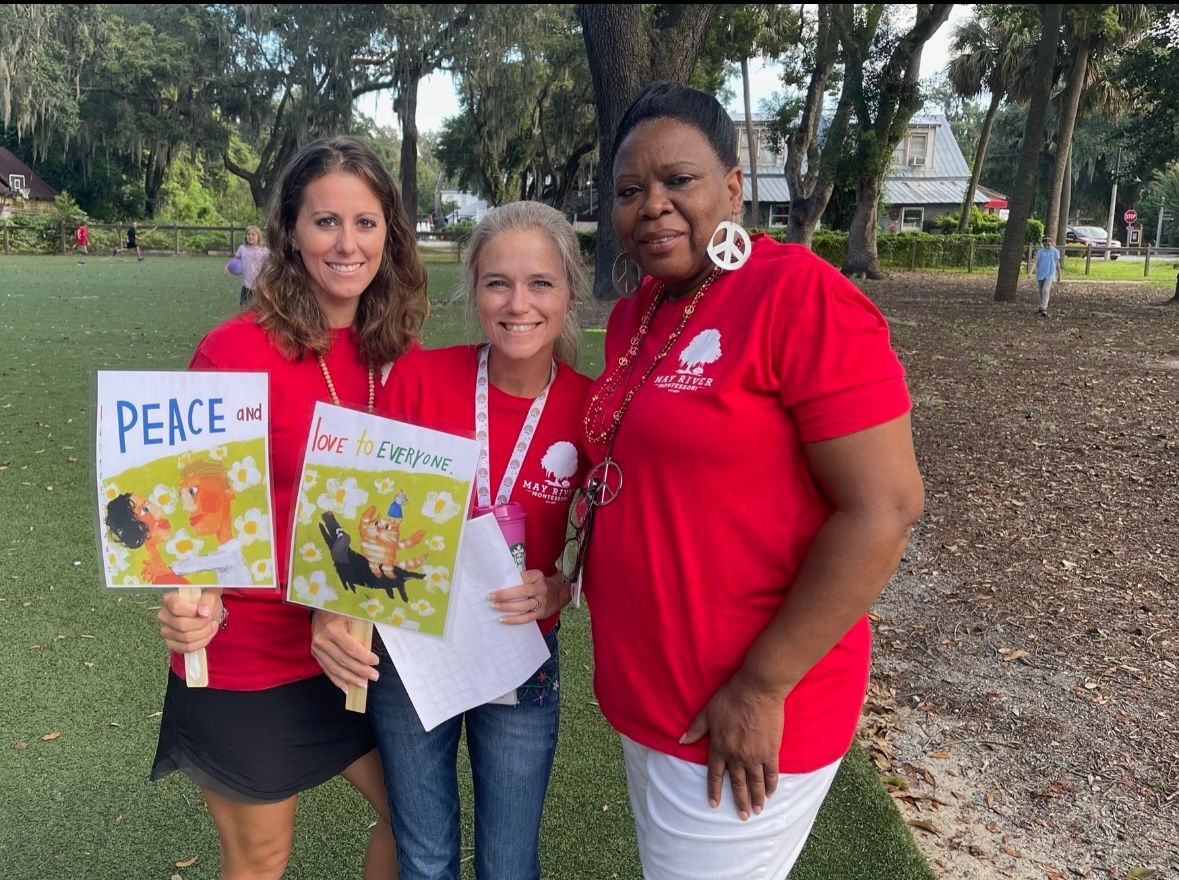
Cultivating a sense of community
May River Montessori emphasizes the importance of community involvement and service learning. By engaging in activities that benefit others, children develop empathy, compassion, and a sense of responsibility towards their peers and the wider world.
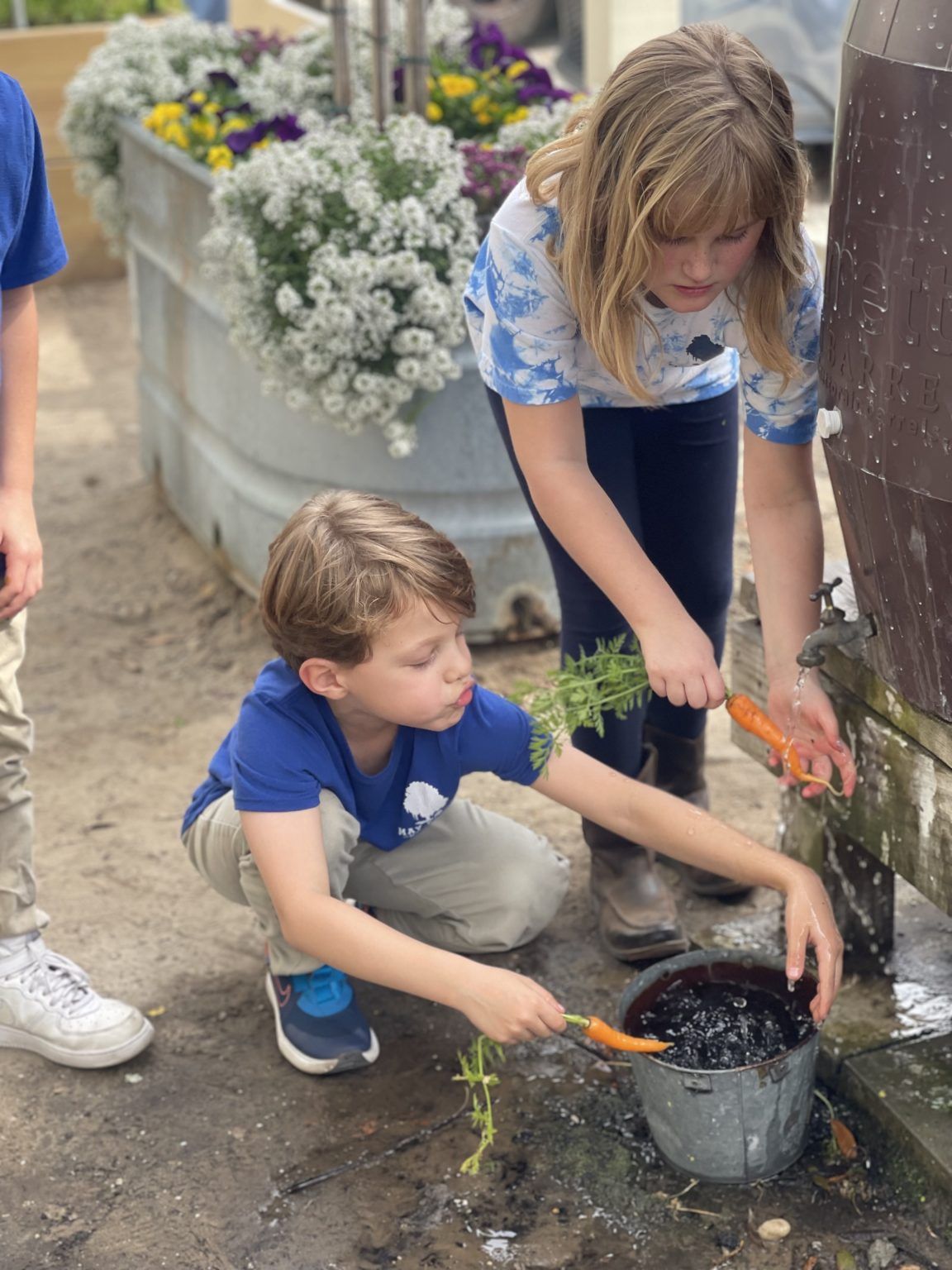
Emphasis on social-emotional development
In addition to academic learning, Montessori teachers prioritize the social-emotional development of their students. They observe and support each child’s unique emotional journey, providing guidance and encouragement as they navigate challenges and develop resilience.
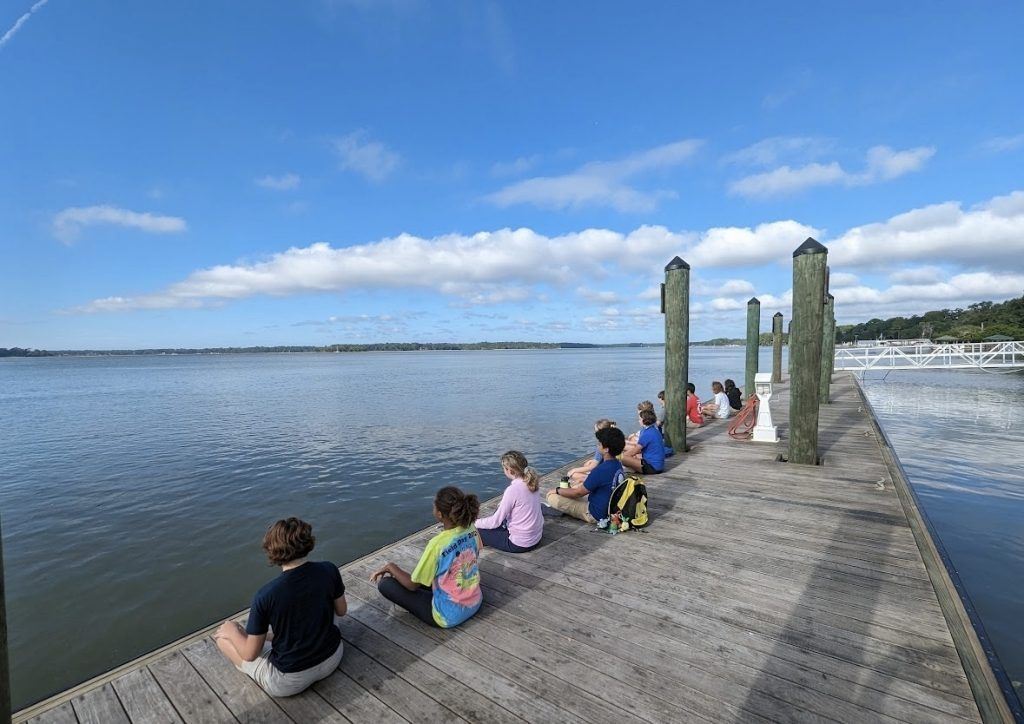
By nurturing emotional intelligence and empathy alongside academic skills, A May River Montessori education equips children with the tools they need to thrive in all aspects of life. So, if you’re considering a Montessori education for your child, you’re not just investing in their academic future but also laying the foundation for a lifetime of emotional intelligence, empathy, and social awareness. In a world that needs compassionate leaders and empathetic citizens, these qualities are truly priceless.
Do you have questions or are you interested in learning more about our school and programs?
Office@MayRiverMontessori.com
MayRiverMontessori.com
843-757-2312

